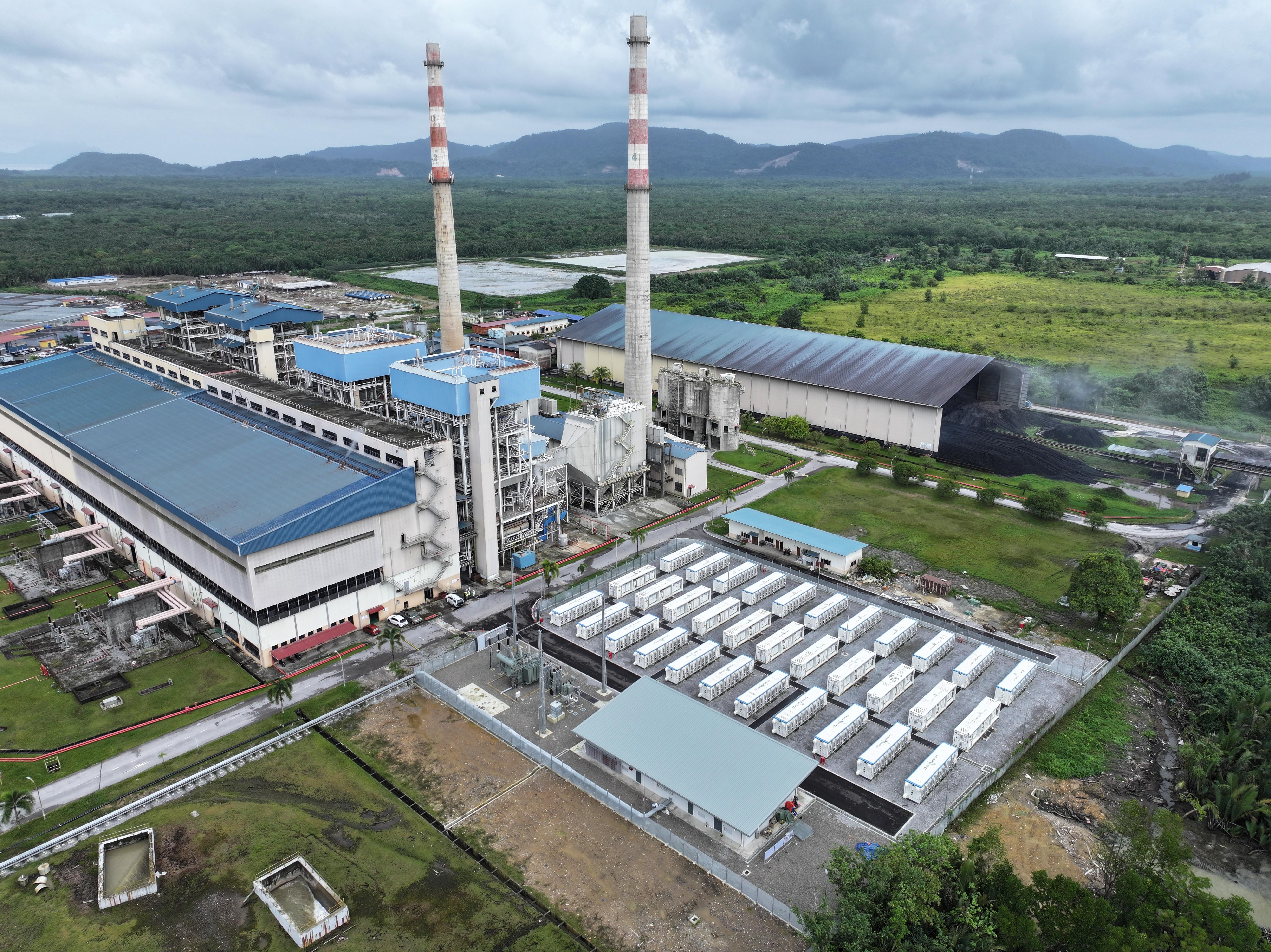%20(19).png)
There are quiet charges in your electricity bills.
If your business runs during the day, you’re likely paying more for electricity than you realise. That’s because commercial energy bills in Malaysia today include more than just how many units (kWh) you use. They also charge you based on:
- When you use electricity (Time-of-Use tariffs)
- How much you draw from the grid at any one moment (Maximum Demand charges)
These hidden factors quietly drive up your monthly bill — even if your total usage stays the same.
%20(11).png)
What are peak hour charges?

If your operations peak between 2PM and 10PM — you’re paying a premium per kWh during those hours. Even with the same usage pattern, just running machinery or cooling systems during peak hours causes your bill to spike.
What Is Maximum Demand (MD)?
Maximum Demand is a separate (Capacity + Network) charge based on the highest amount of electricity (in kilowatts or kW) your business draws from the grid at any single moment in a month. It doesn’t matter how long that spike lasts — if your equipment briefly surges at 3PM one day, TNB logs that as your monthly peak.
So how does this relate to peak hours?
- Experience peak demand between 2PM–6PM, when operations and cooling overlap. MD can happen anytime during operating hours — when production is at its peak and cooling systems are working harder.
- That’s why MD charges often stack on top of peak-hour energy rates, making your bill even higher during these windows.
%20beside%20a%20factory%20for%20a%20factory.png)
How BESS Tackles Both Peak Costs & MD Charges
Battery Energy Storage Systems (BESS) are smart solutions designed to reduce both:
- Your peak-hour grid reliance, and
- Your Maximum Demand spikes
Here’s how BESS helps:

- No need to change your working hours
- No need to delay production
- No operational disruption — just automated energy optimisation in the background
Once installed, BESS works quietly behind the scenes:
- It automatically charges during cheaper hours
- Then discharges during costly peak periods or surges
Your operations run as usual. But your electricity bill drops significantly.

Real-World Case:
In 2024, Malaysia’s first large-scale battery system was deployed by Sarawak Energy, specifically to support peak-hour grid services and enhance energy stability. This marked a national milestone — showing that battery storage isn’t just theoretical. It’s already in motion, and it works.
Solar + BESS: The Ultimate Energy Pairing
While BESS alone helps you avoid peak costs and demand charges, pairing it with solar takes your savings to the next level. Here’s how the combo works:
- Solar panels generate free electricity during the day
- Excess solar is stored in the battery instead of going to waste
- Stored energy is then used during peak hours or when your demand spikes
This setup:
- Maximises self-consumption of your solar power
- Minimises grid reliance even during peak-rate windows
- Reduces both kWh charges and demand penalties — a full-spectrum energy optimisation
Even if you're not exporting energy back to the grid (under SELCO), BESS ensures every bit of solar power is still used effectively.
- Solar reduces how much power you need from the grid
- BESS controls when and how much you draw from the grid
Together, they make your energy bill leaner, smarter, and far more predictable — no matter how TNB rates evolve.

Why Now Is the Right Time
Here’s why battery storage makes more sense now than ever:
- TNB tariffs are rising — locking in savings now helps future-proof your business.
- ETOU adoption is growing, with more businesses joining to take advantage of off-peak rates.
- Tax incentives like GITA are still available for eligible systems.
Who Should Seriously Consider BESS?
You’re a strong candidate for BESS if:
- You operate heavily between 2PM–10PM and when solar production is low.
- Your electricity bill includes Maximum Demand charges.
- You plan to install solar or already have a system.
%20(17).png)
Most common BESS adopters:
- Manufacturing facilities
- High-load industries
- Shopping malls & commercial buildings
- Industries operating 24/7
Your Partner in Smarter Energy Solutions in Malaysia
Sunview, we help Malaysian businesses take control of their energy costs — not just by installing solar, but by designing integrated energy solutions that actually work.
Whether you’re looking to:
- Reduce your peak-hour and Maximum Demand charges,
- Combine solar + battery storage for long-term savings,
- Maximise Green Investment Tax Allowance (GITA) tax incentives and improve ROI,
- Or simply understand what solution fits your factory, facility, or business best,
We’re here to make it simple. With over a decade of experience and a track record of helping commercial and industrial clients lower their OPEX, Sunview provides end-to-end energy solutions — from design and engineering to financing, installation, and ongoing support.






